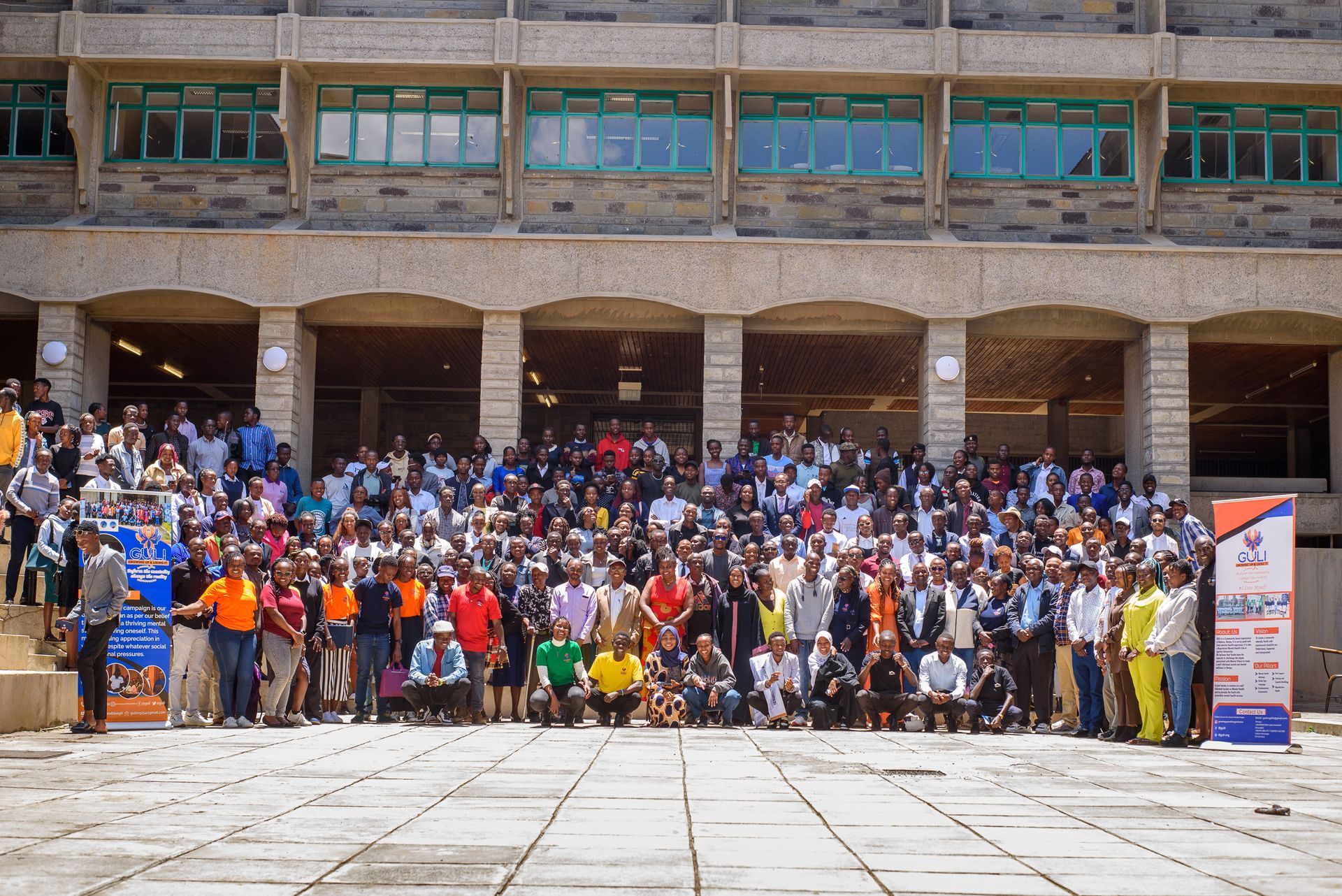A career path sparked by working at a government hospital in India
Our campaign 'Perspectives on Global Mental Health' is still open, however we have already received some truly insightful entries from people across the world who are working in or around the field of global mental health.
First, we hear from Tejaswi Shetty, who is based in India, as she shares her own experiences and advice for those aspiring to work in the field.

Global mental health is a relatively new field which strives to develop equitable, accessible quality mental health care worldwide. The focus is on reducing the mental health care gap – especially in low resource settings. Global mental health is not limited to just provision of care, but also expands into advocacy, research, policy and programme development. Global mental health to me means preventive mental health programmes as well as equal access to quality health care no matter where you are from with the hope to support mental health well being. To me, it also includes a top-down bottoms-up approach where policy shapes practise and practise guides developing policies and laws.
Joining the field of mental health was completely by chance. I always found understanding people and witnessing their stories as interesting. But what sparked my desire to be in this field as a practitioner was my experience as an intern in one of the government hospitals in India. What I saw there completely shook me and got me thinking about how I could use my interest in the field to have a meaningful impact on people’s lives.
One distinct interaction was with a young girl who had been abandoned by her family after she was diagnosed with Bipolar disorder. She shared the dismal conditions under which she was living – with no access to sanitary pads or basic hygiene facilities. She described how despite being in remission, she could not leave the hospital as no one had come to take her home. This consolidated my hope to work in mental health with a practice that centred around human rights and individual agency; and to influence change both at large scale levels as well as in individual practice.
I think when you are looking at mental health from a global lens, it is important to acquaint yourself with mental health statistics. It is essential to look at data and arm yourself with factual knowledge from different regions and places– to understand the information about prevalence rates of mental disorders, percentage & efficacy of resources already allocated, and gaps present in systems. Only when we know what is working and what is not can we advocate for certain systems of care or practices or for increasing certain interventions. Another thing to keep in mind is that to work in mental health is to work with poverty, education, class, caste, and race. Society cannot be separated from the person, and its important to be aware of the intersection between mental health and other systems in society.
And lastly I would say – don’t forget to listen to stories. It’s important to recognize and support local knowledge of healing and develop culturally appropriate systems which are experience-near to the people they serve. This can only be done when we listen to people from different places, and different cultures with diverse experiences.
Are you interested in writing for us?
We are looking for people passionate about global mental health to share their perspectives! Send an email to liz@generationmentalhealth.org for more information.




